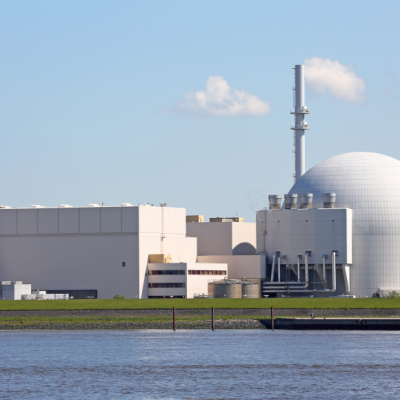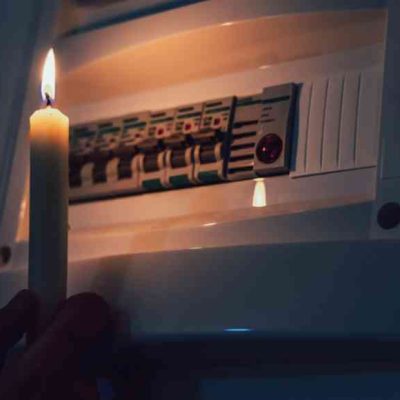Germany is set to shut down its last three nuclear power plants this coming Saturday. However, recent surveys show that the country is divided on the issue of nuclear phase-out. According to data from comparison portal Verivox, about one-third (31%) of Germans support the shutdown of nuclear power, while the remaining respondents are undecided (31%) or believe that the shutdown is wrong (38%). Meanwhile, according to ARD-Deutschlandtrend, a majority of Germans (66%) oppose the shutdown of the last three nuclear power plants, with just over a third (34%) considering the decision to be correct.
The survey also revealed significant differences between the supporters of different political parties. The majority of Green Party (82%) and Social Democratic Party (56%) supporters are in favor of nuclear phase-out, while the majority of Christian Democratic Union (81%), Alternative for Germany (81%), and Free Democratic Party (65%) supporters are against the shutdown of nuclear power plants. Additionally, a majority of respondents expressed concerns that the transition to renewable energy could lead to further price increases. In the ARD study, 66% of respondents expressed either very high (26%) or high (40%) concerns about rising energy costs.
However, the Vice President of the Bundestag, Katrin Göring-Eckardt (Green Party), recently stated that nuclear phase-out will lead to lower electricity prices. Similarly, 69% of those who oppose nuclear phase-out in the Verivox study expressed concerns about higher electricity prices. Meanwhile, 73% of respondents expressed concerns about supply security, while 77% of supporters of nuclear phase-out emphasized the safety risks posed by nuclear energy. Approximately 45% of respondents were convinced that nuclear power hinders the transition to renewable energy.
In conclusion, the shutdown of Germany’s last nuclear power plants has divided the country, with significant differences in opinion between supporters of different political parties and concerns about the impact on energy prices and supply security.










